Roughly a year ago, Lena Dunham posted a photo to her Instagram. In it, she praised a slim book she had just read, saying that whoever had gotten it for her understood her "on the deepest level." The book she devoured was Chloe Caldwell's novella Women, which chronicles one woman's doomed romantic relationship with another. Dunham told The Guardian that, in addition to Women being one of the best books of 2014, it "perfectly captures the way good sex can make us throw anything under the bus--even our identities."
Caldwell has also written a collection of personal essays, Legs Get Led Astray. Cheryl Strayed, the author of Wild, praised her essays are "tender and sharp, wide-eyed and searching," adding that they possessed "a reckless beauty that feels to me like magic."
When reading Caldwell's books, the sensation of her life flashing before your eyes as if it was your own becomes common. That's the kind of writer she is. She's a documenter of real life, her life, life that has shaped her, challenged her, and created her. She wields her writing to help orient her own life, inspire her own life, and lead her to exactly where she needs to be.
Out had a chance to speak with Caldwell about writing, her life, and her new collection of essays, I'll Tell You in Person, which will hit shelves in 2016.
Out: Have you always wanted to be a writer? When did you realize that you needed to be one?
Chloe Caldwell: I never thought about what I wanted to be when I grew up. I was really into theater and singing, so I initially thought I wanted to do that. The moment I knew I needed to be a writer I was in Williamsburg, actually with my brother. He said I talked about writing so much that I should stop talking about it and just write. Then I signed up for a bunch of nonfiction classes at Gotham [Writers Workshop], and in those classes I realized I had to write.
You decided to forego college and just start writing. Why is that? And do you think it has helped advance your career?
Yes, I think it helped because I was about 20 when I realized I loved writing, and then I spent the next decade just doing it. I hadn't been knocked down during workshops. I chose to forego college because I did poorly in high school--I do poorly in academic settings. I was relieved to not have to sit in a classroom again. I hated paperwork, I didn't know how to apply to college, and I had no idea how to get financial aid. So, I got a Eurorail pass and went to Europe. It was amazing. And then when I was 20, I moved to Hudson, and it threw me into the real world, as they say. I feel like a dick, but you know what I mean.
Do you have a writing or reading daily regiment? If so, what is it?
I get up pretty early. If I don't write in the morning, I get anxious and depressed later in the day. I make my coffee or tea and I sit at the desk from 8am to 3pm. Then at 3pm I go into the real world and I do errands, take a walk. At night I do something to escape. I don't like to be on the computer at night. So, I read or watch a movie, watch interviews with Amy Schumer, drink wine, maybe go to yoga, and then go to bed.
Have you ever come close to giving up writing?
No, but I take time off. After I have a book come out, at least with my previous books, I don't push myself into the next project immediately. I spend time with that book doing readings and interviews and being in the world with it while it finds readers. I usually take a year to decompress.
Nowadays, it seems as if every story and experience has been written about. What pushes you to move forward with an idea in spite of this?
I just don't think about it. [Laughs] You have to stay in tunnelvision. You have to keep your head down. If you put your head up, read similar things, read the internet, it becomes self-sabotage. Everyone's written about everything. You have to stay in your bubble because nobody's written it in your voice.
Your novella Women is very autobiographical. How was the transition process to fiction?
I never wrote it as personal essay. I couldn't find a way to tell the story in personal essay. I approached it as vignettes and little paragraphs. I sent it to Emily Gould and she told me, "what if you wrote this as if it happened to someone else as an experiment?" So, I did, and I saw what she meant. Now I'm writing this new collection of personal essays, and I see how draining it is. I love the novella form and fictionalizing. I'll never be the person who writes about aliens, but I felt a lot more space writing Women and a lot more freedom to play with form and facts.
How will your new essay collection differ from Legs Get Led Astray?
It's interesting because a few of the editors of I'll Tell You in Person wanted me to write a response essay to Legs Get Led Astray. I was so young when it [Legs Get Led Astray] came out. Everything I wrote about took place before I turned 25. So I had a lot more living to do. There is an essay in I'll Tell You in Person that may or may not end up being the introduction. In it, I take some of the things I declared in Legs Get Led Astray and describe how they've changed. Like, I wrote about how I love giving head, and how weight doesn't go to my stomach. Like, dude you were 25, of course it didn't go to your stomach. I don't want to say that it's more mature, but there's a little more reflection.
How has being mentored by Cheryl Strayed (Wild) impacted your trajectory or writing?
It's shown me what the life of a writer can look like and that you can have a healthy life even though you write personal nonfiction.
Why do you prefer to write about yourself?
For me, the self is fascinating subject matter because I'm using myself and my thoughts and my observations to convey the world around me. Hopefully, I make it about the reader as well. I think what it boils down to is that even though it's so clearly about me, I'd like whoever's reading it to feel like it's about them, too. Or to comfort them and make them feel less lonely and less shame.
What authors and books have inspired you?
Anything by Anne Lamott. Lidia Yuknavitch. Maggie Nelson. Lena Dunham. Chelsea Girls by Eileen Myles. Henry Miller. Jeanette Winterson. Autobiography of a Face by Lucy Grealy. David Sedaris. Ariana Reines. How to be a Famous Writer Before You're Dead by Ariel Gore. Ask the Dust by John Fante. Jonathan Ames.
Bonus Questions! What is one book you wish you wrote?
Summer Sisters by Judy Blume.
What is your spirit animal?
My chinese zodiac is a tiger, so I'll go with that.


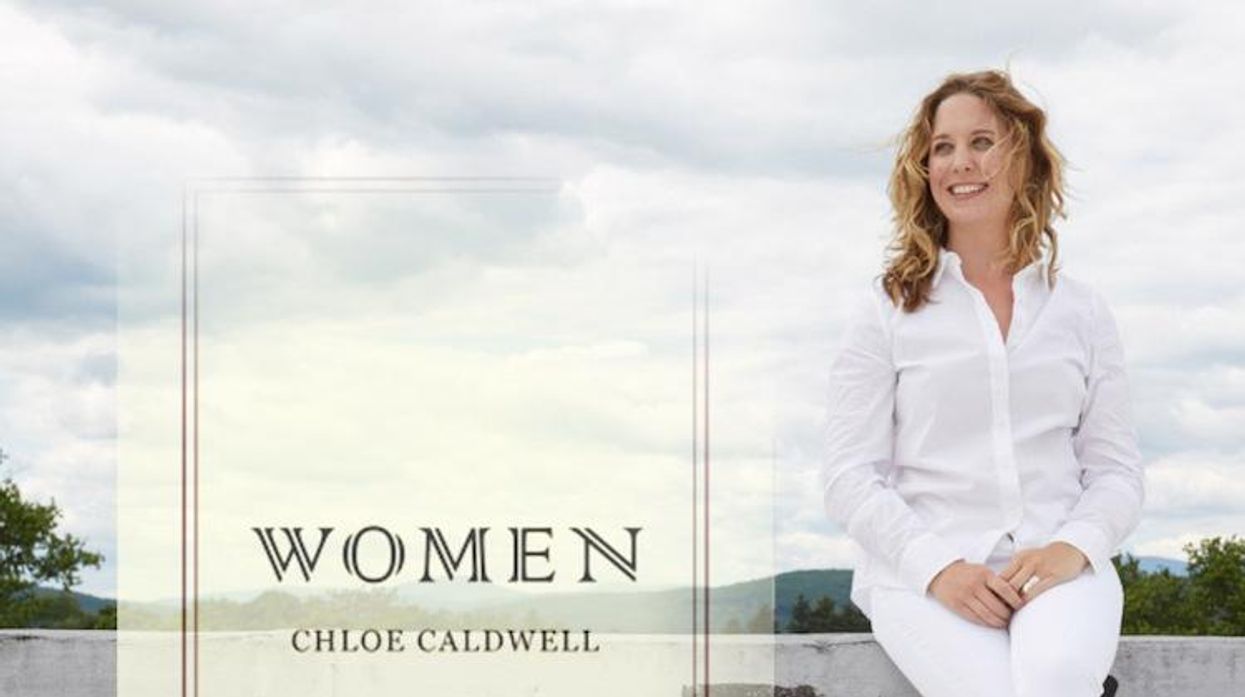
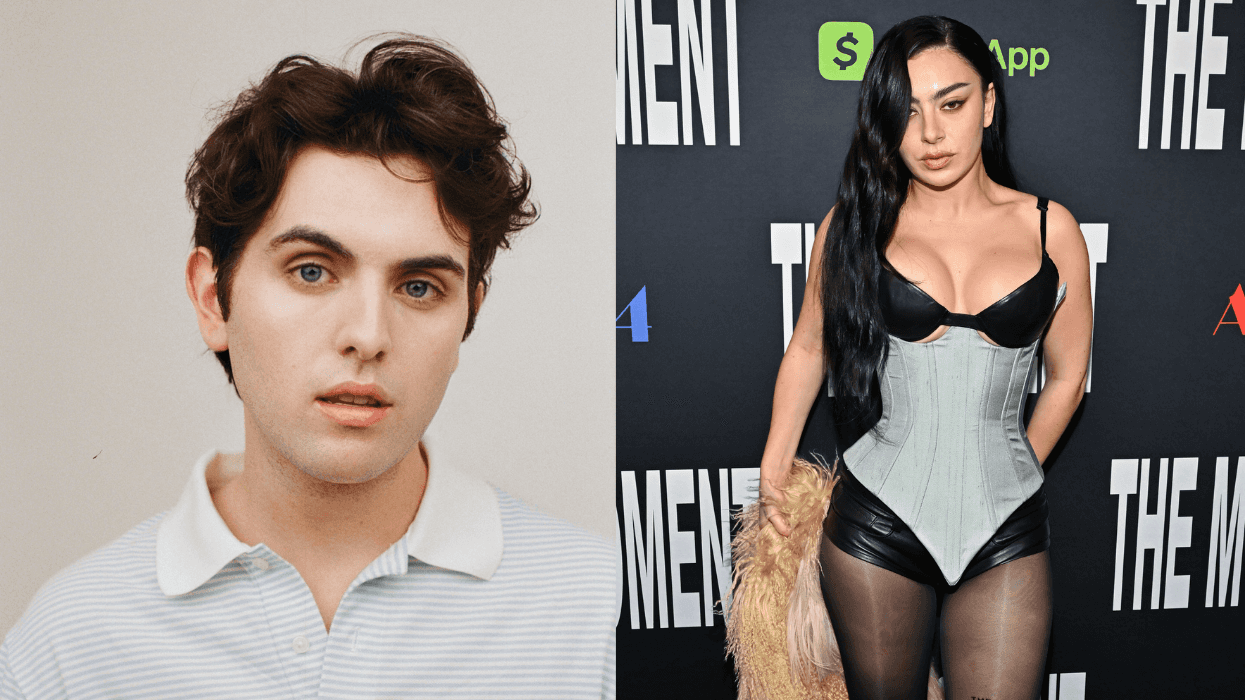
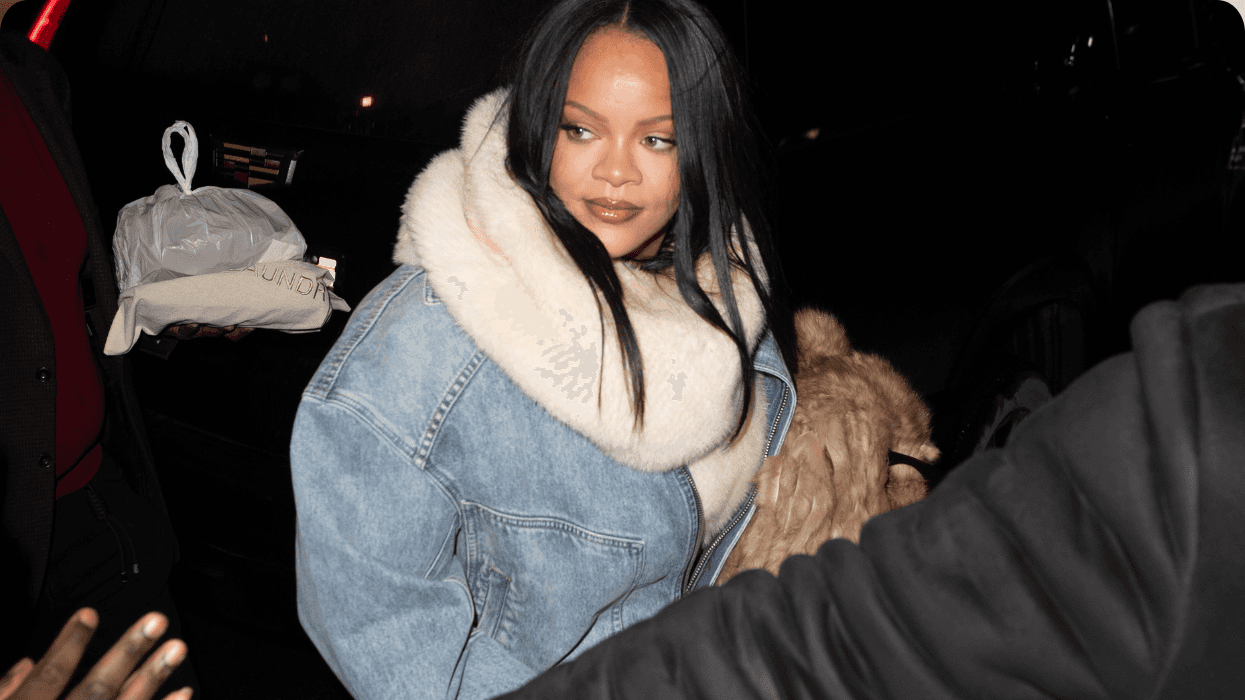
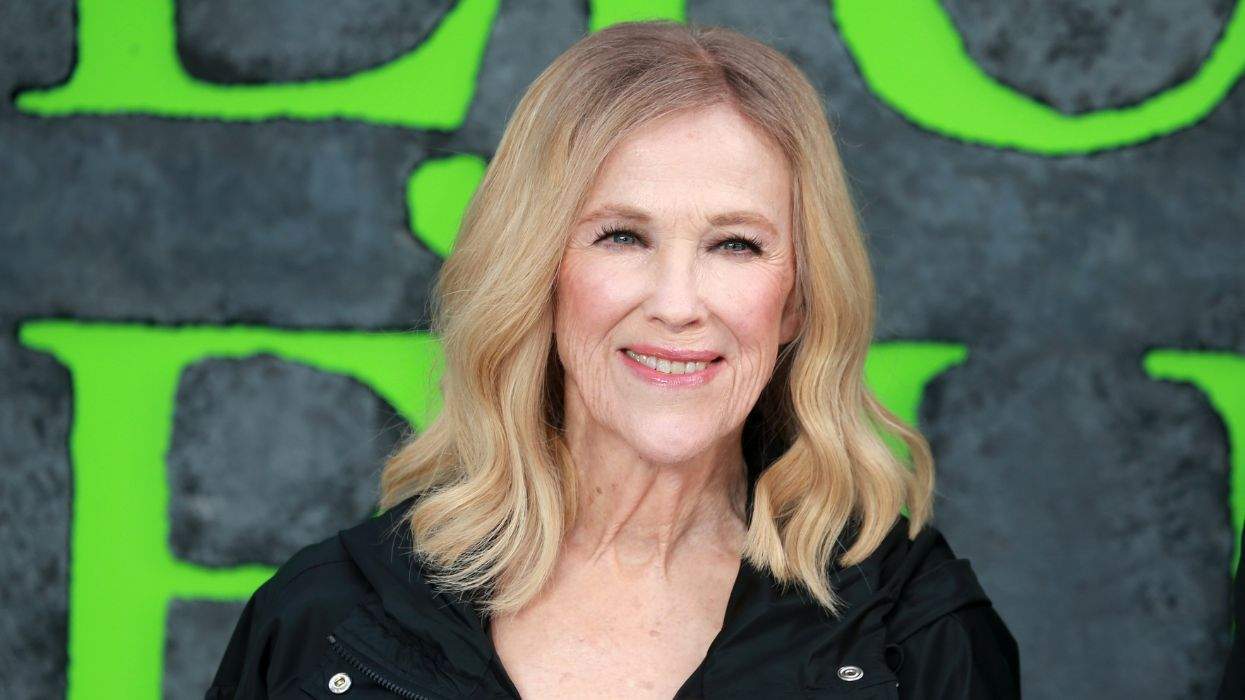

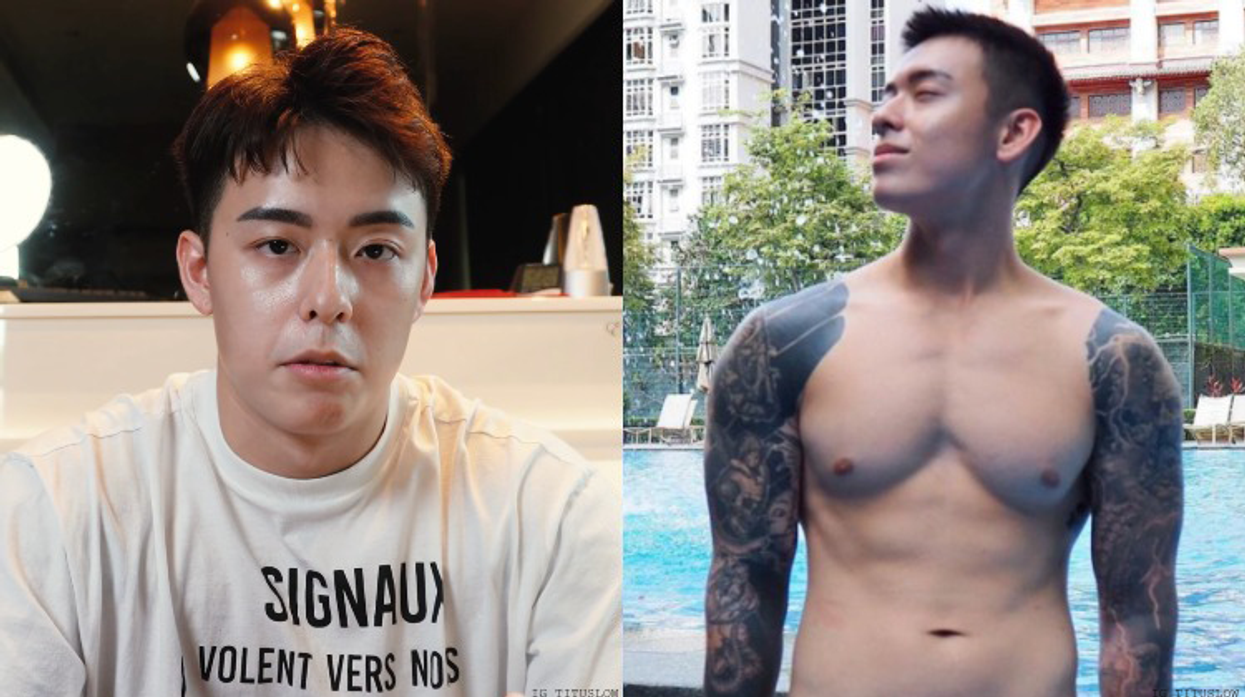
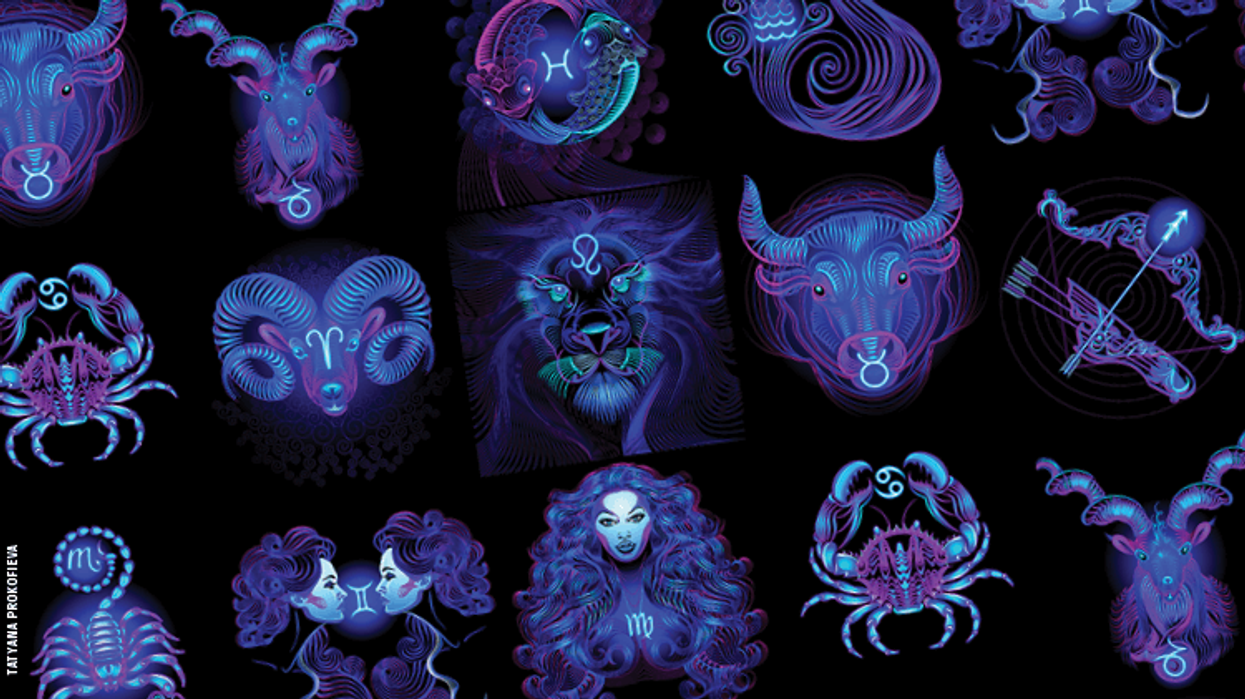
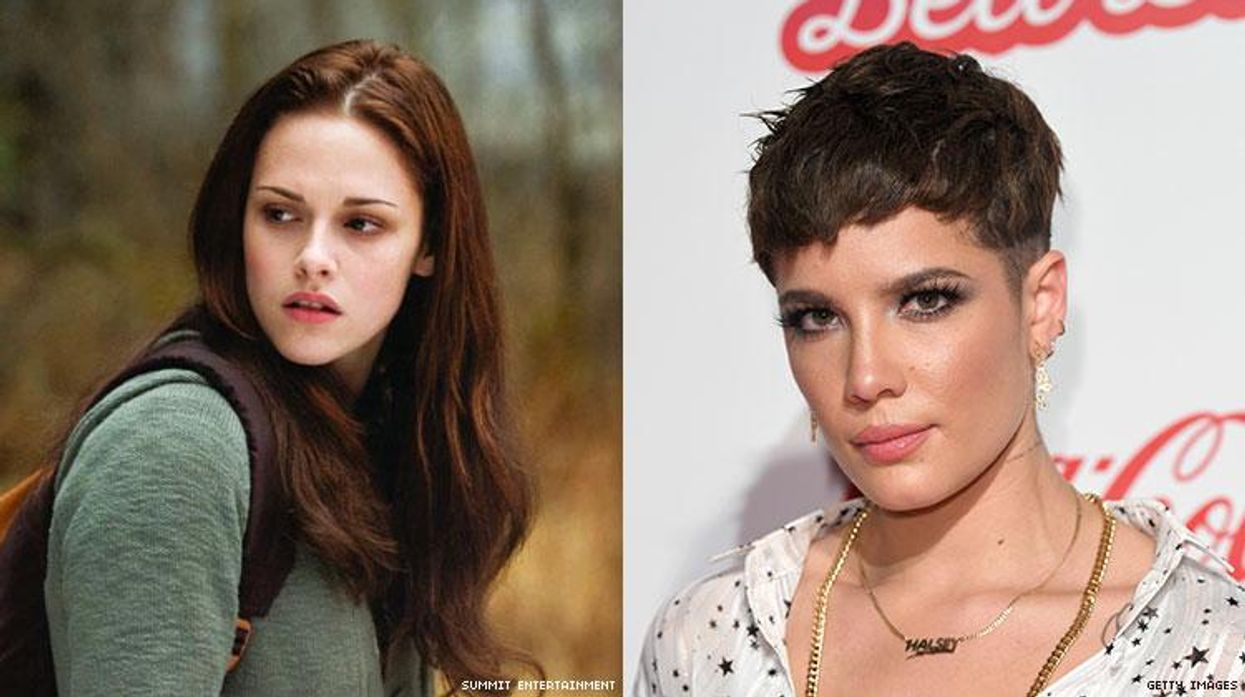
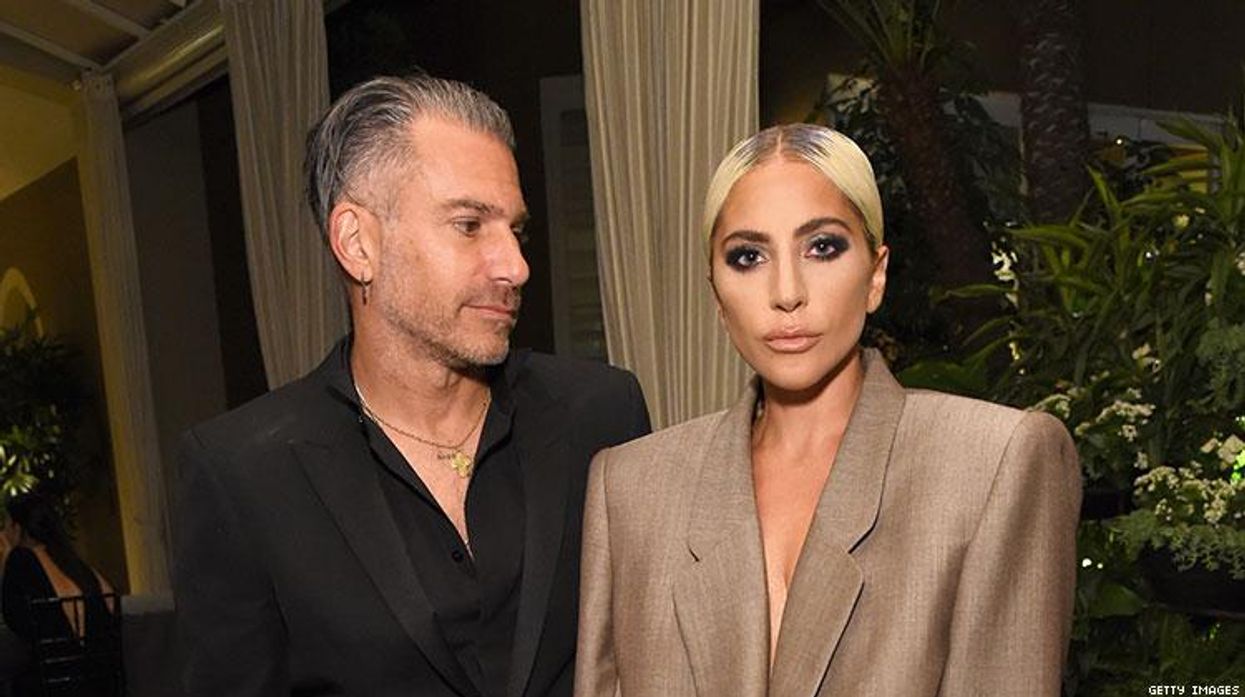
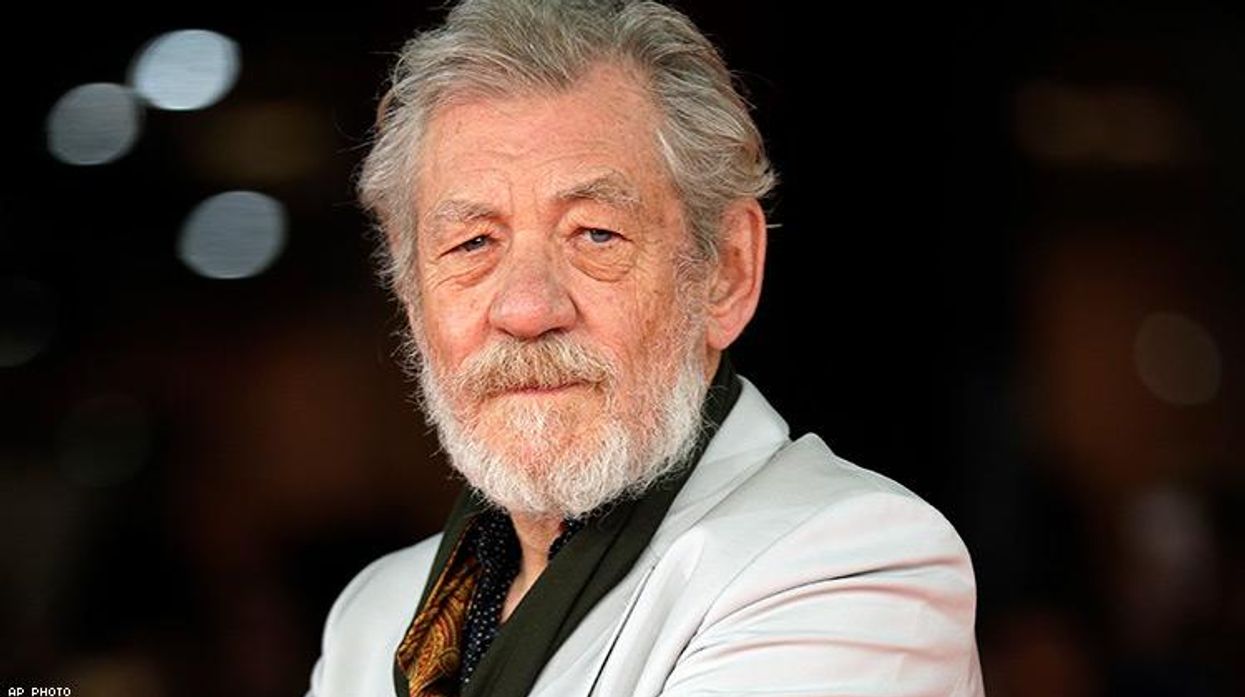

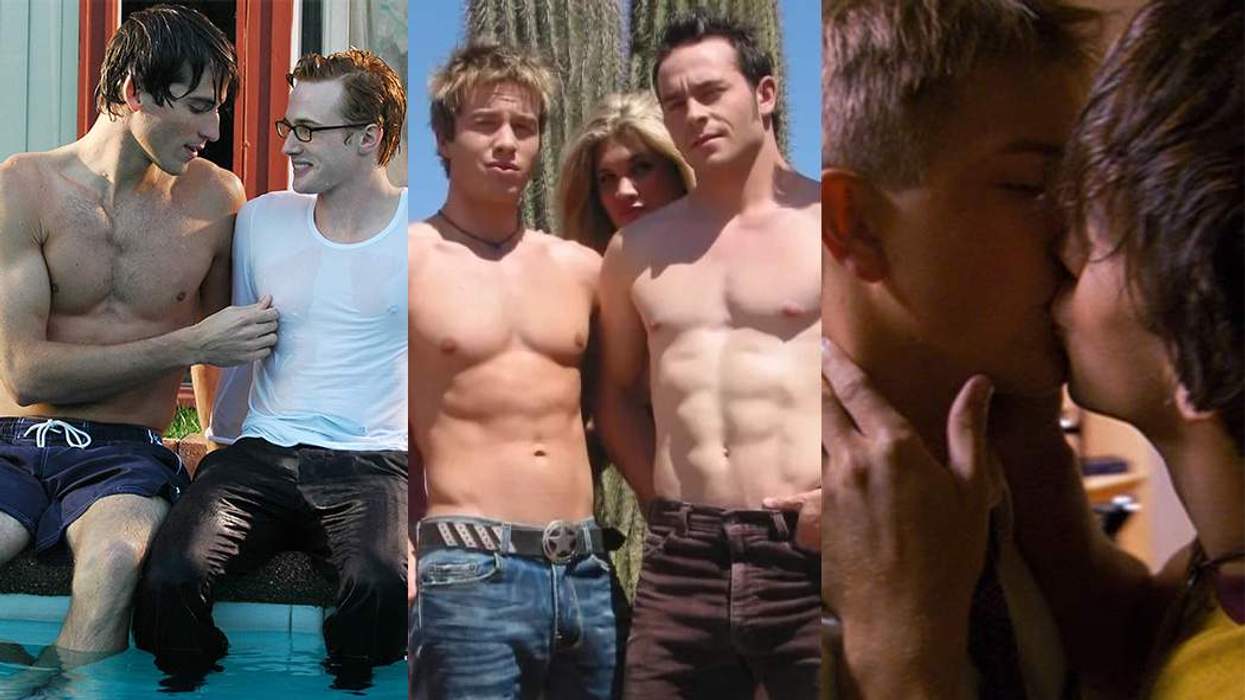
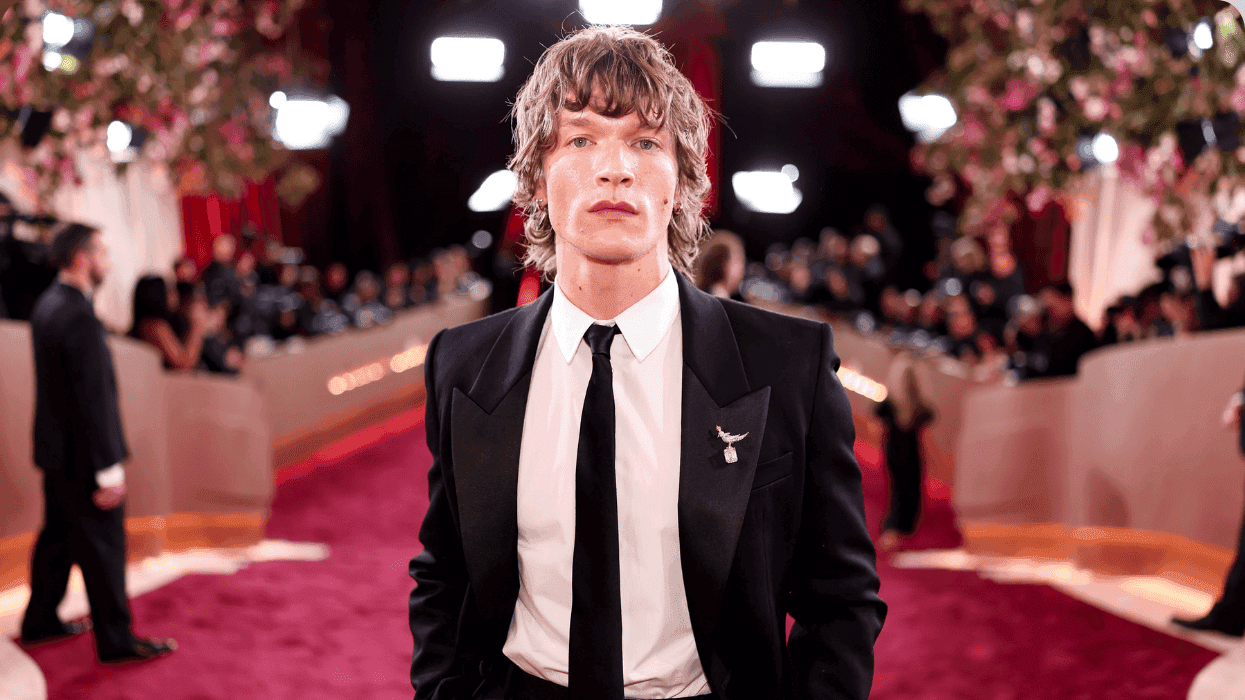

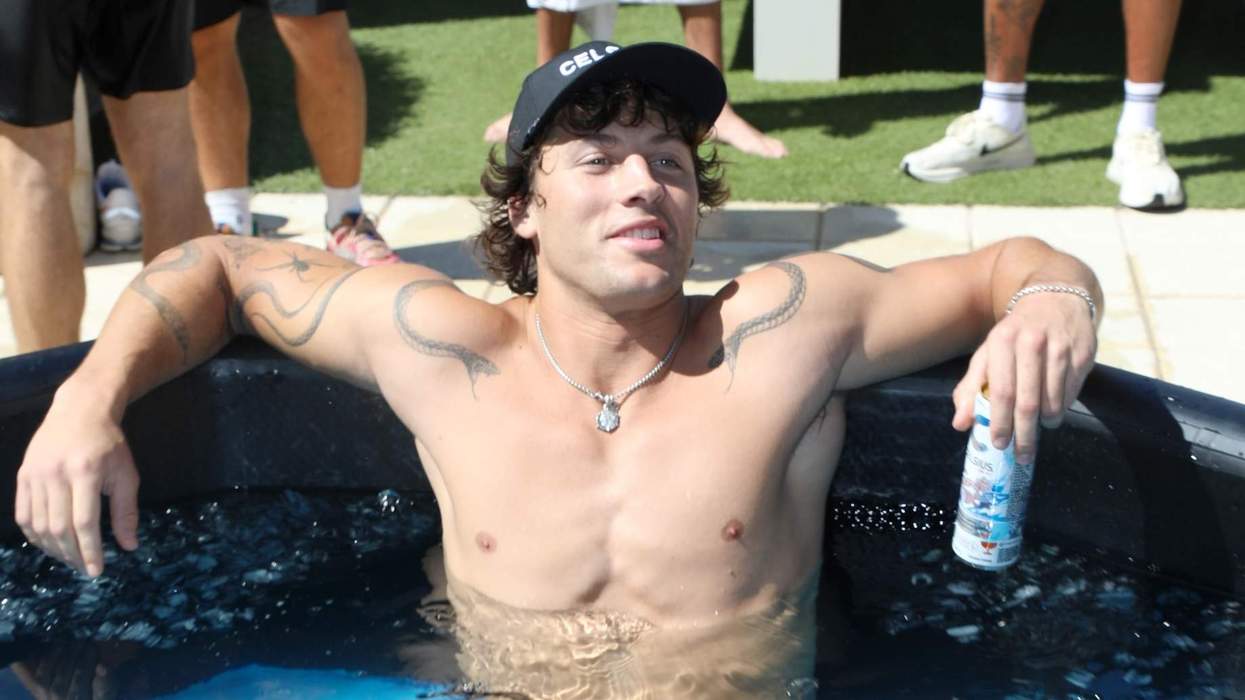
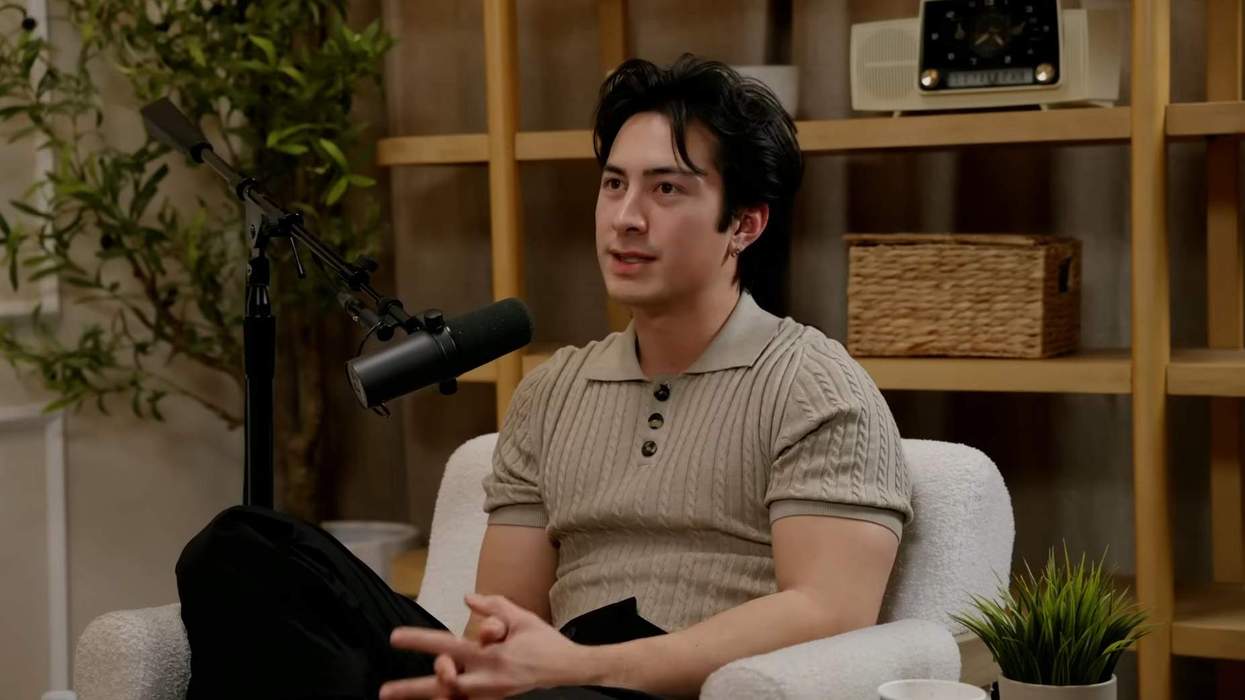
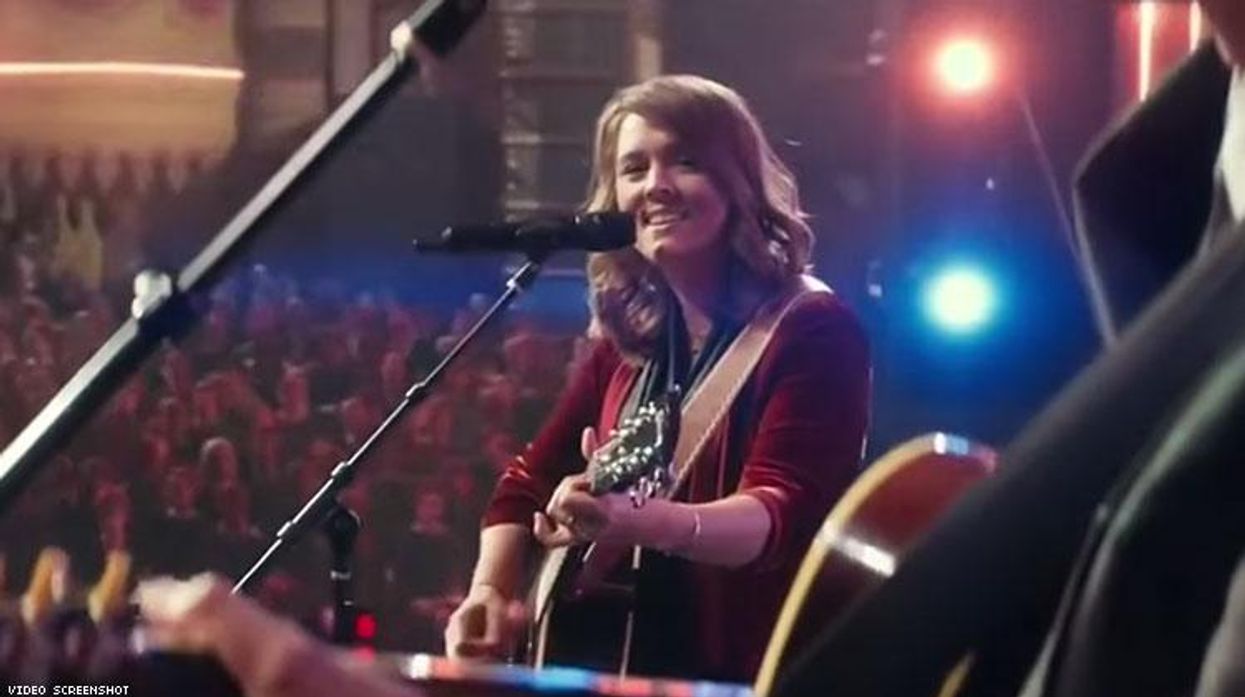
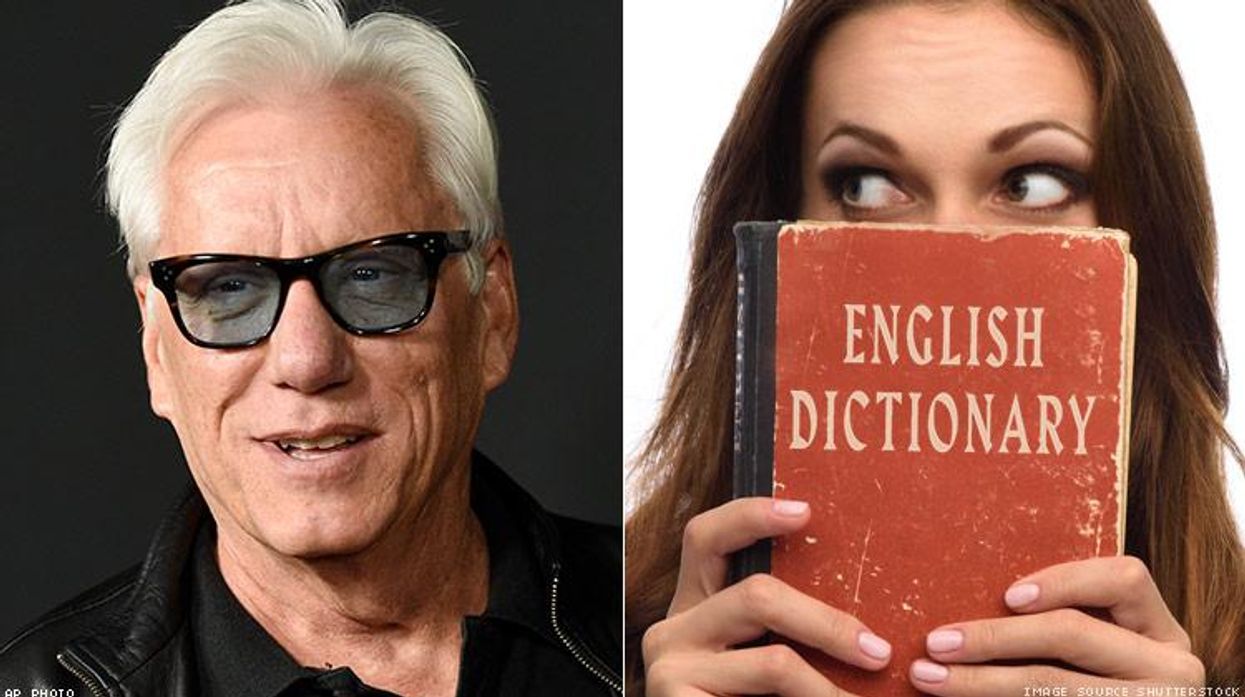
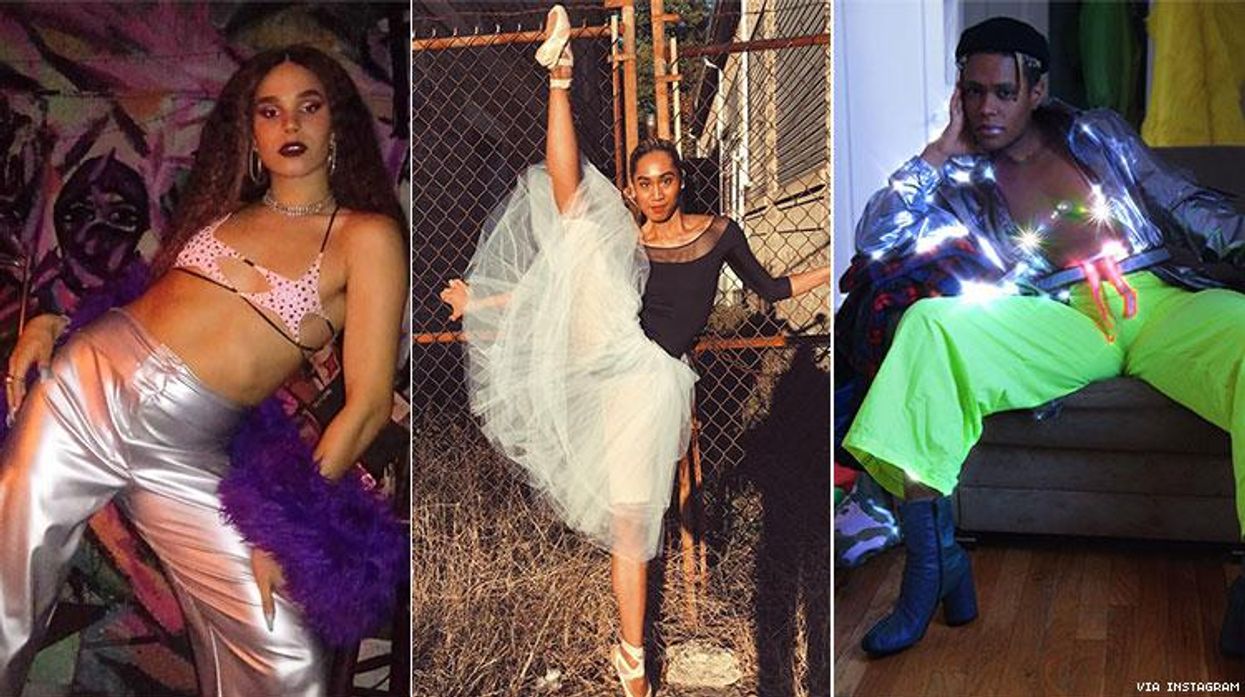
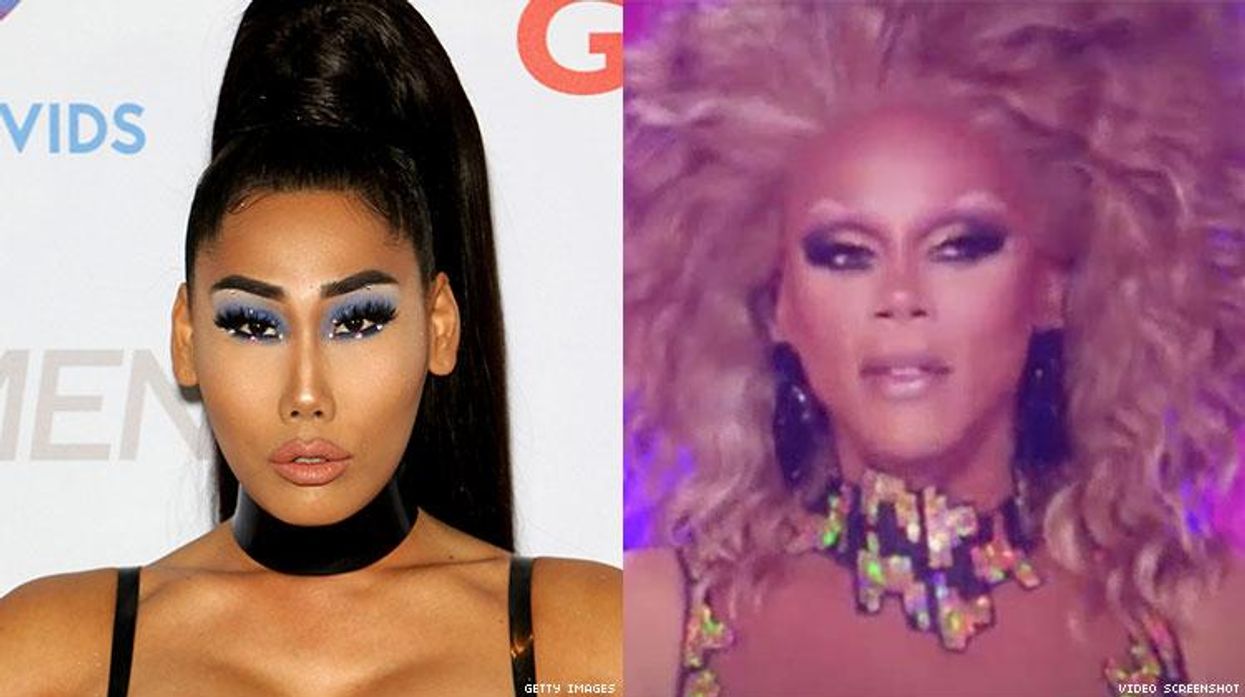
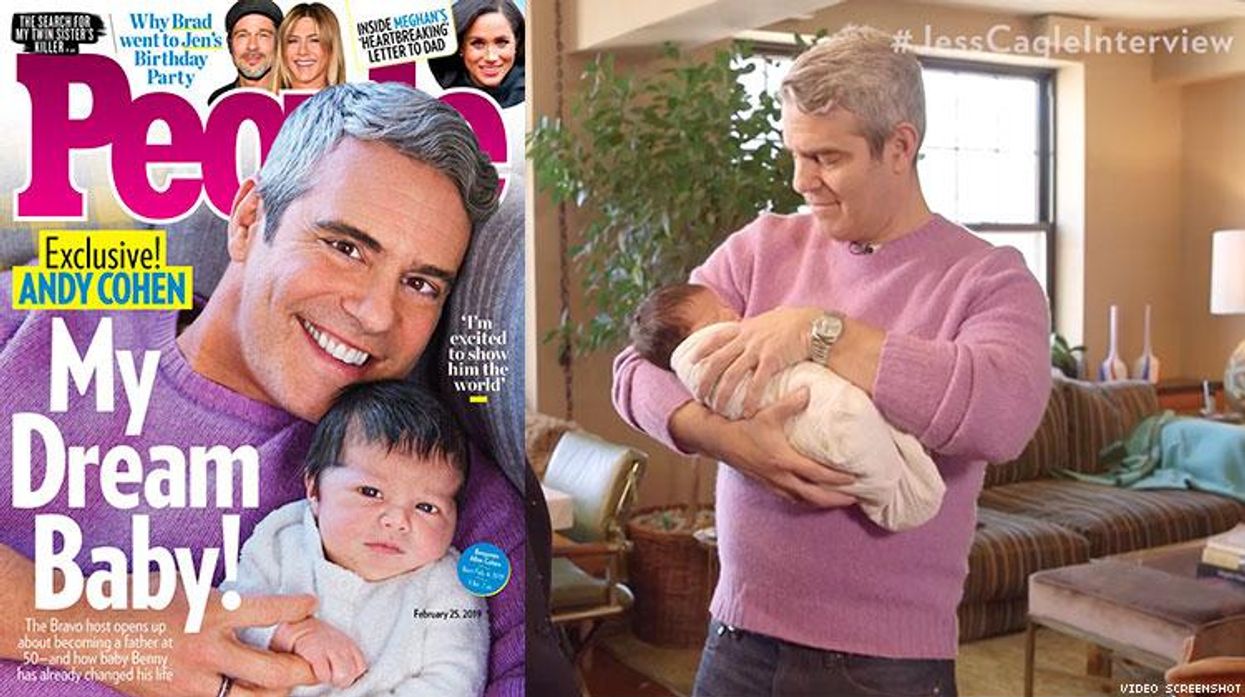
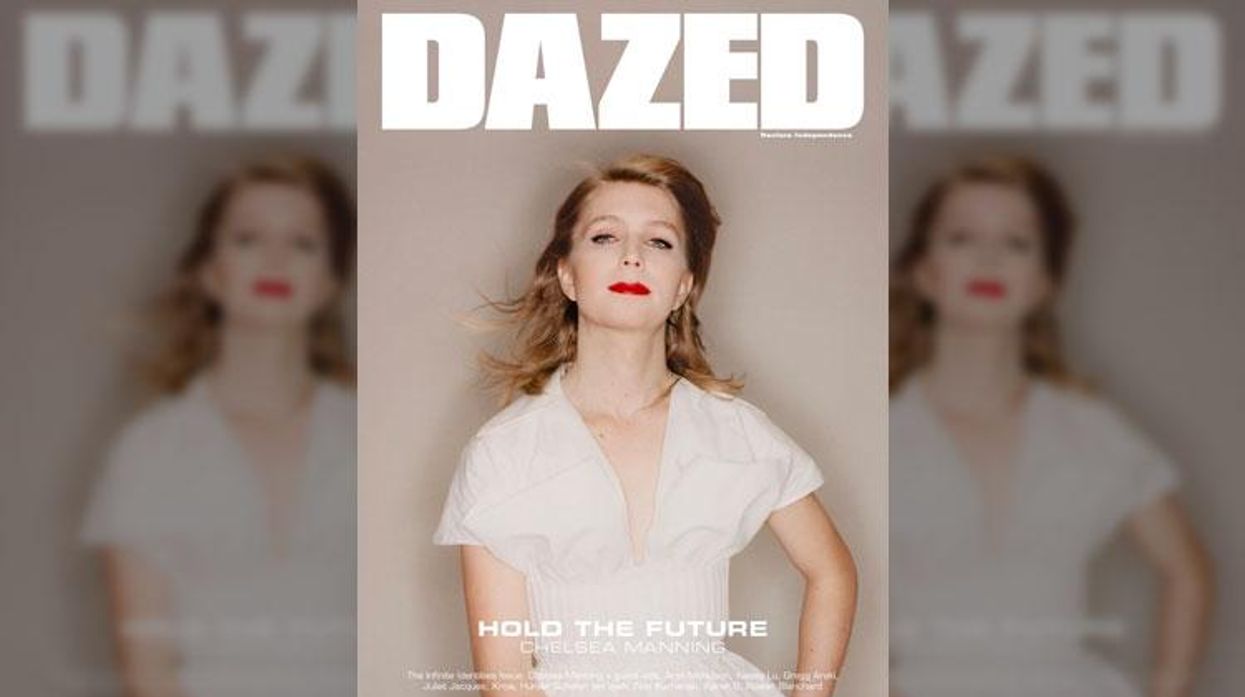

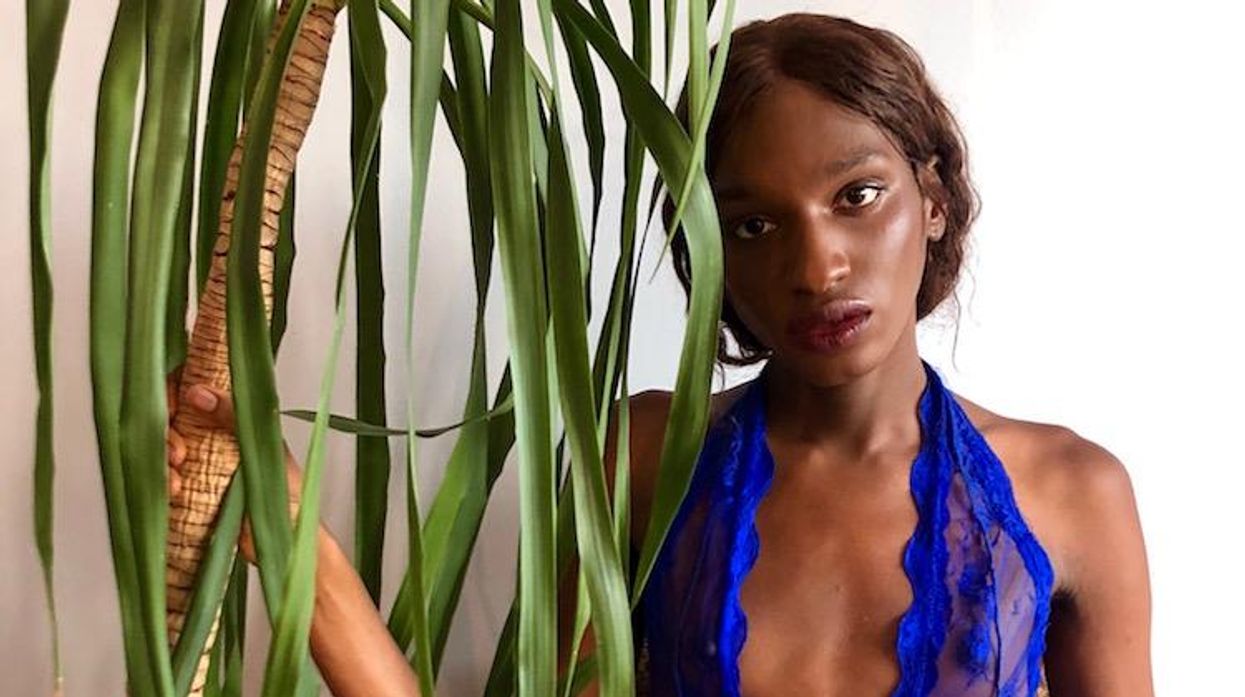
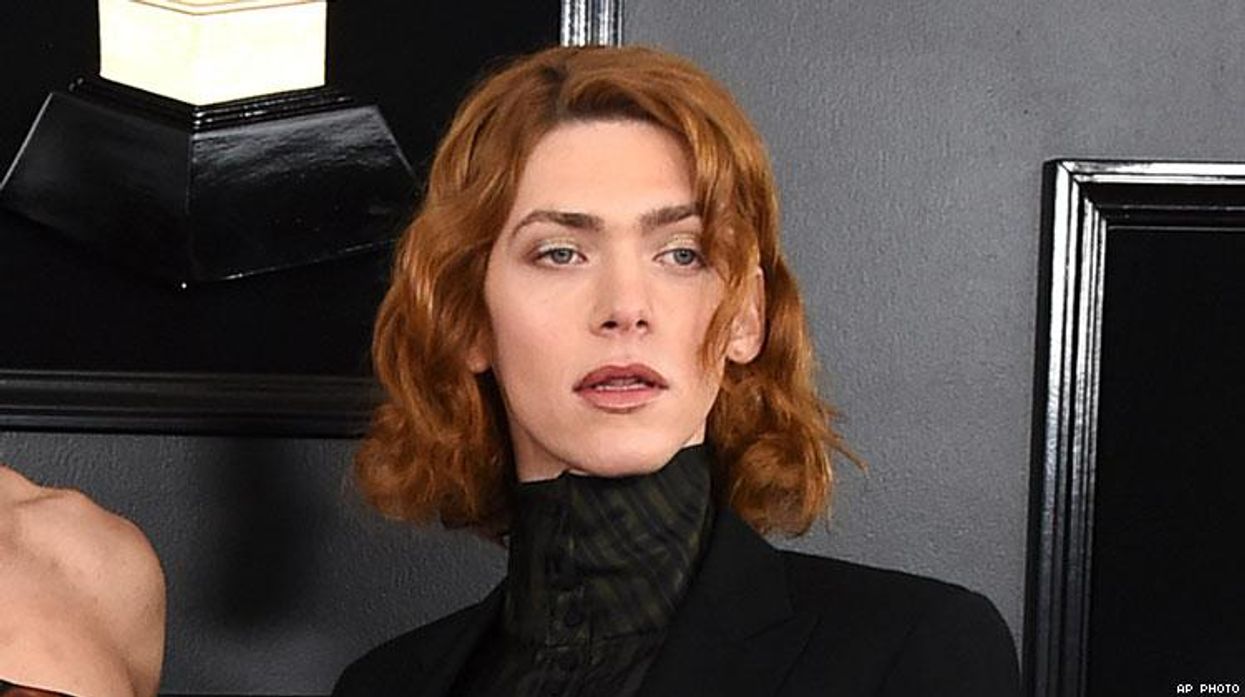
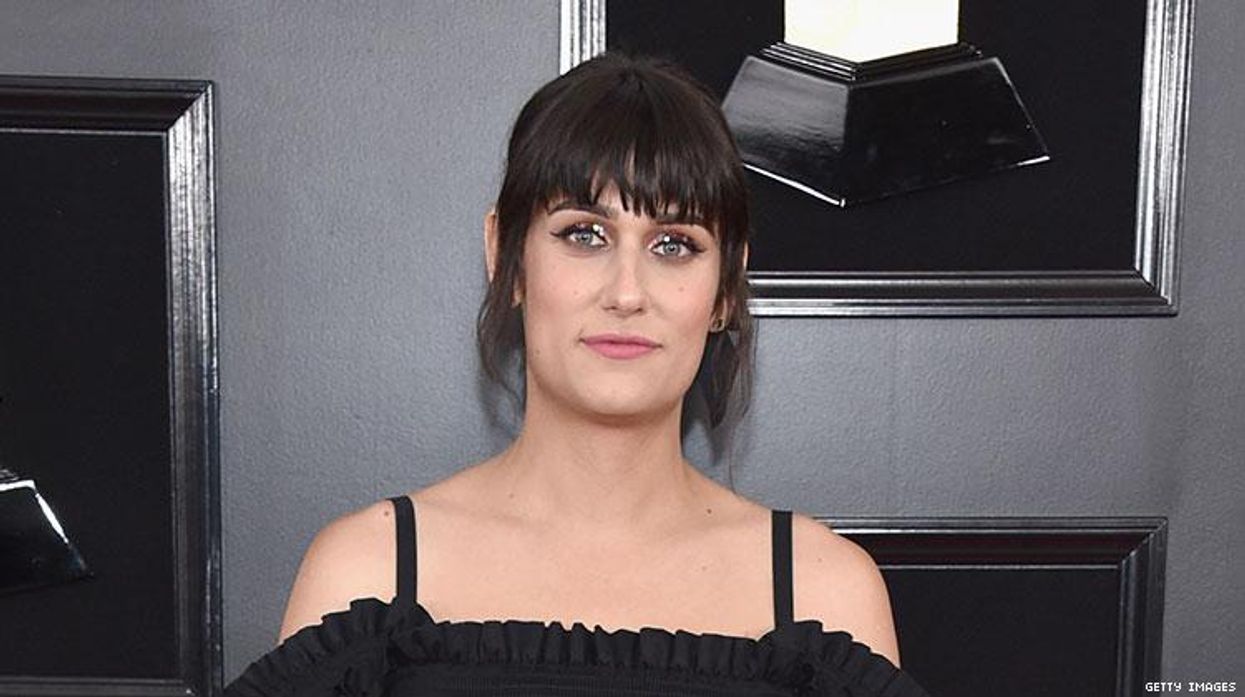


The racist, homophobic, and frightening arrest of Don Lemon
Opinion: It’s not a coincidence or an accident that Lemon, and other Black journalists were targeted by the Trump Justice Department, writes John Casey.